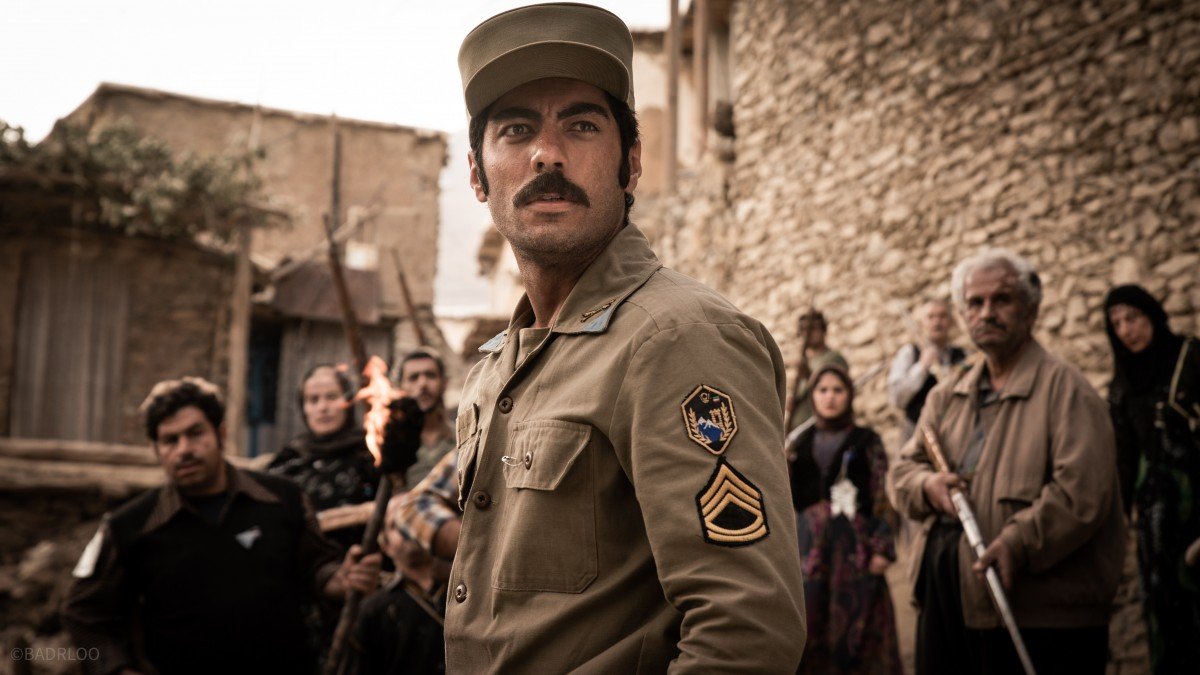Film Review: Zalava (2021)

Until very recently, I would have had no reluctance declaring the “demonic possession” sub-genre a burnt-out and redundant void of creativity — a complete failure, as it were. But, after seeing Arsalan Amiri’s brilliant Zalava, I have granted it a momentary reprieve in the hopes that it can right itself in the near future. Only time will tell if this amnesty will bear any fruit, but if filmmakers could once and for all kick their Exorcist habits, there may be hope for the genre yet.
What makes Zalava such a welcomed addition is that it isn’t really about demonic possession at all — it’s about the superstition that leads to the belief in such a thing and the lengths those believers will go to nullify the unknowns in their lives. Out are the cursing, contortionist routines, and flying bodily fluids found in most genre entries, replaced instead with a natural and palpable tension generated by a pure, if misguided devotion to myth and legend. We may not physically see the demons, but they are real because the villagers believe they are, just as the rituals to expel them are as necessary to life as the harvest.
Throughout the film (which is set in 1978 Iran — a year culturally and politically significant in that nation’s history), Amiri continuously keeps us guessing about whether or not the demons are real (I’ve never seen a glass jar used with such tense efficiency before, or likely ever will again), but the balance works despite our rational knowledge. We are told outright it’s all superstitious nonsense, then made to question ourselves through the actions of a devout nonbeliever.
In an amazing climax, and as the actions of the mob grow more reckless and violent, we see first-hand how the frightened villagers are torn between the difficulties of their inherent morality and the ease of their shared delusion. At any time, Amiri could himself have given in to this same delusion by showing us the “truth” about the demons, but he never fully does. Instead he leaves us to judge the actions of each contributor on their own merits and outside of whether or not anyone was “right.” In the hands of your average American horror director, this equilibrium would have likely fallen flat on its face. But in the hands of the capable Amiri, it works nearly flawlessly.
Originally published by ASHEVILLE MOVIES.

